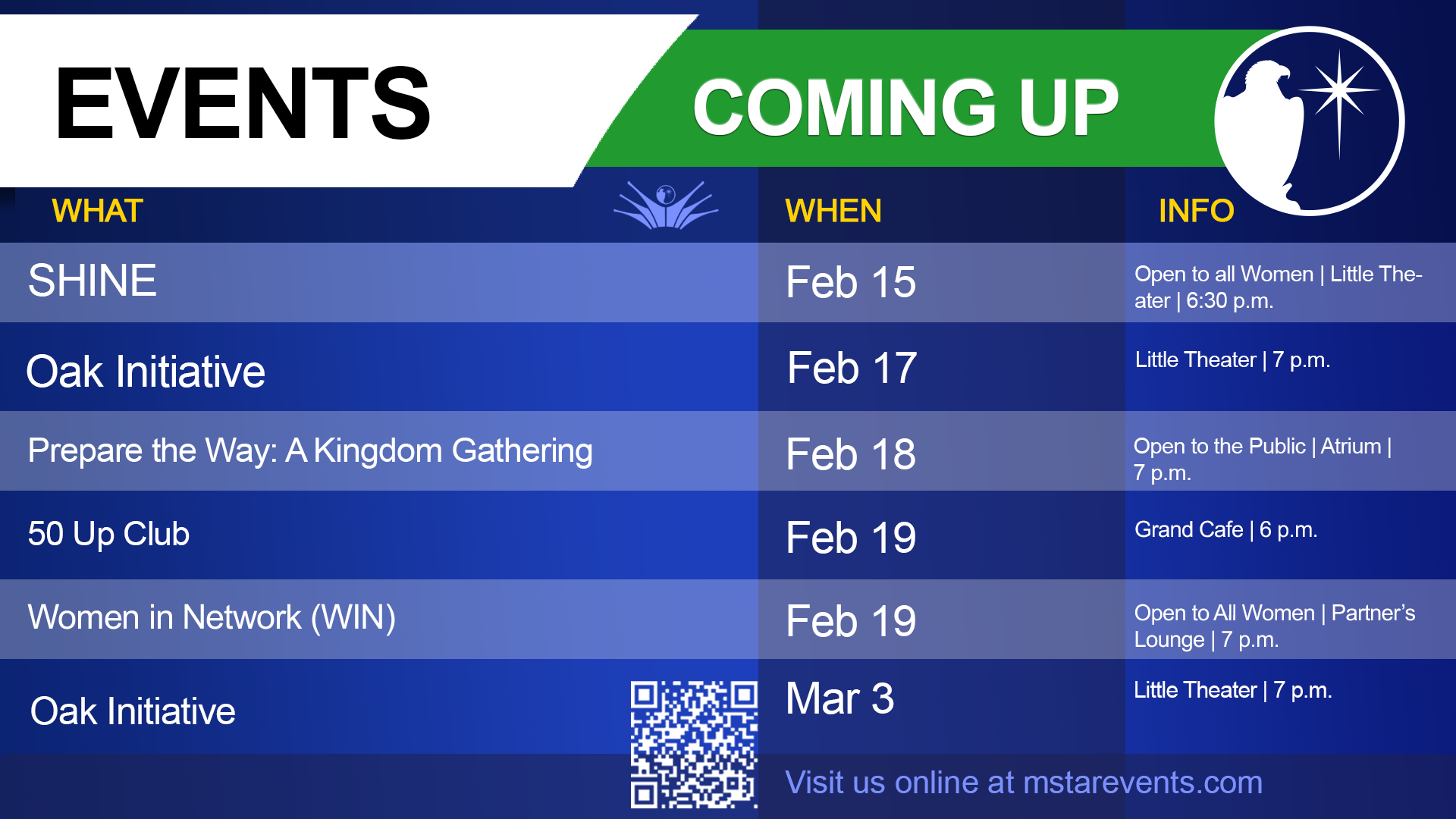As we seek to know the Lord’s voice so well that we can distinguish it from any others, we must understand that He rarely speaks in an audible voice. However, just as the Apostle Paul prayed that “the eyes of your hearts may be opened” (see Ephesians 1:18), indicating that these eyes are not our physical ones, but spiritual, so we also have ears of the heart, or spirit.
So, how do we learn to know when God is speaking to the ears of our heart and be able to distinguish it from other voices, even our own thoughts? In Hebrews 5:14 we are told, “But solid food is for the mature, who because of practice have their senses trained to discern good and evil.” The mature have their senses “trained” to discern good from evil, but also the Lord’s voice from all others.
In John 10, Jesus said that His “sheep” know the voice of the good Shepherd, but He did not say the lambs did. As lambs mature they will get to know their shepherd’s voice also, but until then they must follow the sheep who do. So, knowing the Lord’s voice comes with maturity. The problem we have, and why so few Christians have come to know the Lord’s voice, is that not many go on to maturity, but stay in the immature state the writer of Hebrews challenged.
Hebrews is considered the deepest book in the Scriptures theologically, as such things are discussed as the Melchizedek priesthood that very few Christians today understand, and yet the writer of Hebrews complains that he can only give the readers milk! This does not mean that the deeper things that only the mature can perceive are extra-biblical, but there is a depth to the Scriptures that only the mature can perceive. Actually, the deepest teaching and prophecy found in the Scriptures are found in the Gospels, in the words of Jesus, but few perceive their depth and scope, and receive only a rudimentary understanding when they read them.
First, we should know that it is okay for a child to be immature. It is okay for a two-year old to still want milk, and to need diapers, but if this continues when they are fourteen, we have a problem. So, we want new believers to be raised on “the sincere milk of the Word,” but we also want them to grow to desire solid food, the “meat” of the Word.
I have two doctorates. One is in theology. I do not use the title “doctor” with my Christian writings for a reason. It is legitimate for people to use their degrees to establish credibility, as degrees were originally based on the Apostle Paul’s letters of recommendation that he gave to those he knew well. Paul’s letters of recommendation were only as good as one’s appreciation for Paul, and a degree from a university was intended to be only as good as the reputation of the university. This is all legitimate, but there is also a danger when we become overly dependent on degrees one has, and do not examine what they are saying in the light of the Scriptures, as the Bereans did in the Book of Acts.
Jesus greatly rejoiced in Matthew 11:25, saying, “I praise You, Father, Lord of heaven and earth, that You have hidden these things from the wise and intelligent and have revealed them to babes.” We should consider this in the light of what He said in Mark 10:15, “Truly I say to you, whoever does not receive the kingdom of God like a child will not enter it at all.” This is repeated in Luke 18:17, “Truly I say to you, whoever does not receive the kingdom of God like a child will not enter it at all.”
From this, we can conclude that if we do not keep the openness and humility of a child, we will not be granted the revelation, or be able to enter the kingdom. In addition, we conclude this because of what James and Peter quote: “God is opposed to the proud, but gives grace to the humble” (James 4:6; I Peter 5:5). Those who keep a humble heart will receive far more understanding than those who consider themselves wise and intelligent.
It should be our goal to mature from just wanting milk to eating solid food, but we must guard against the way “knowledge puffs up,” and never base our standing on what we know, but on how well we are living what we know.
© 2021 Rick Joyner. All Right Reserved.



